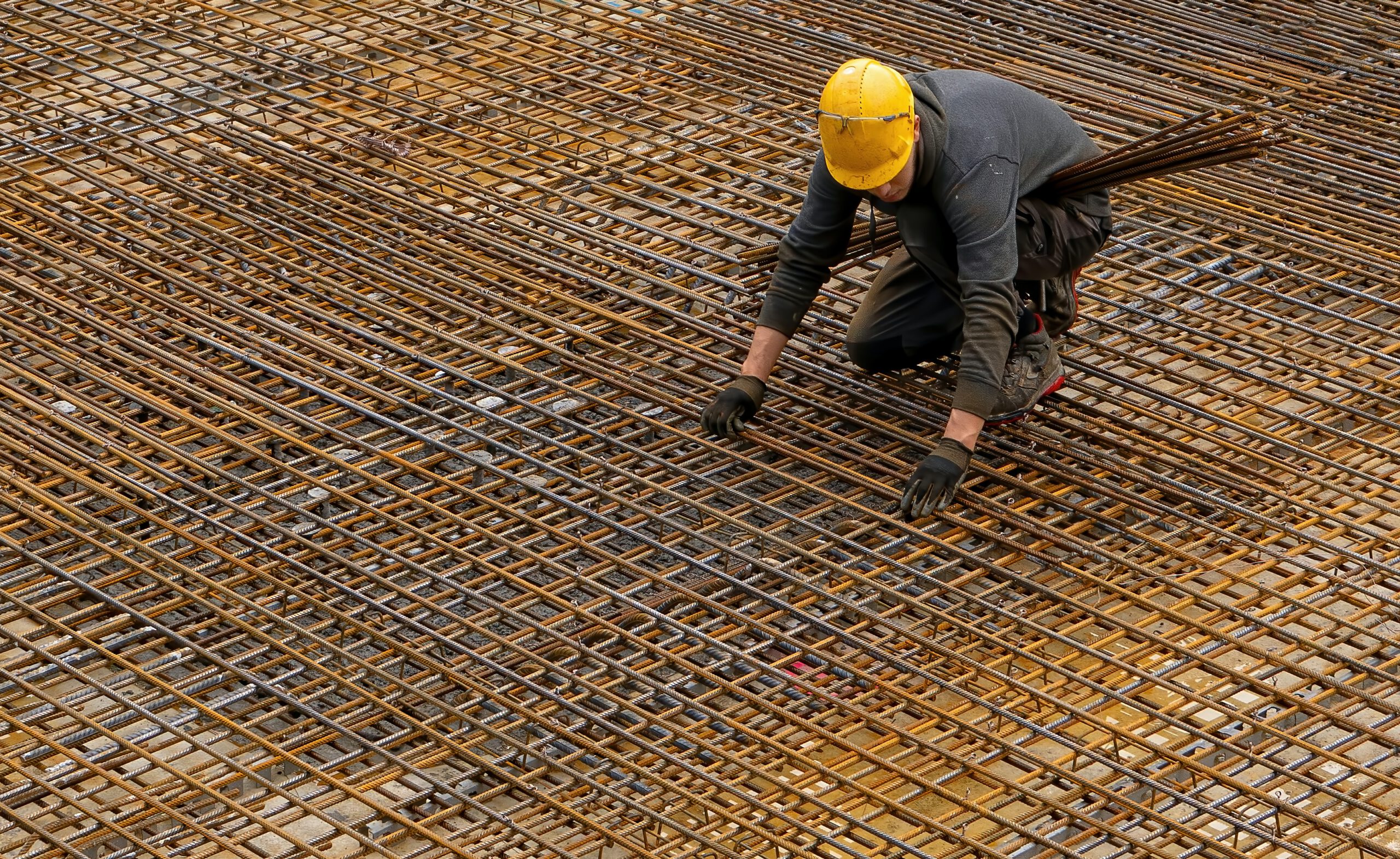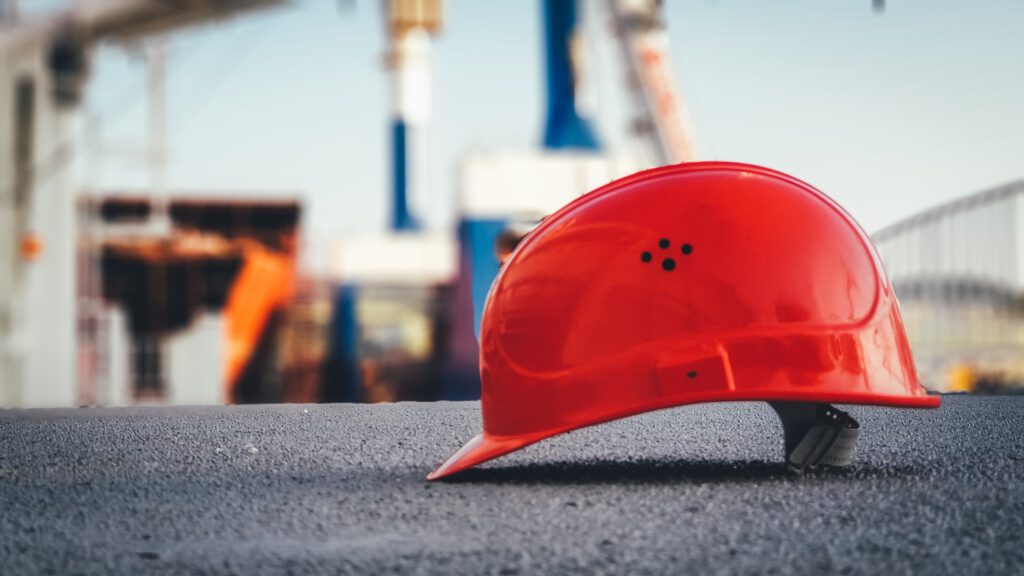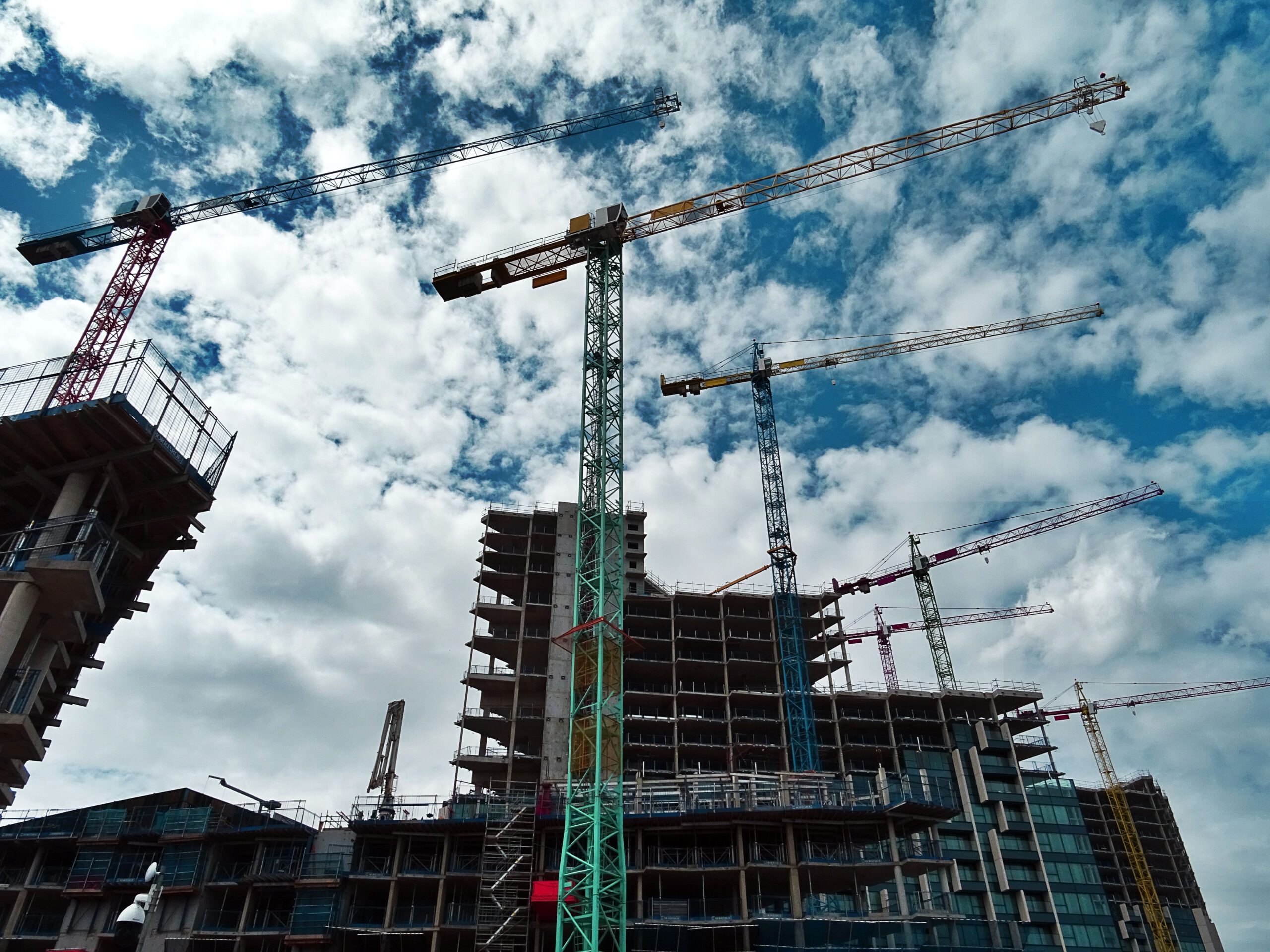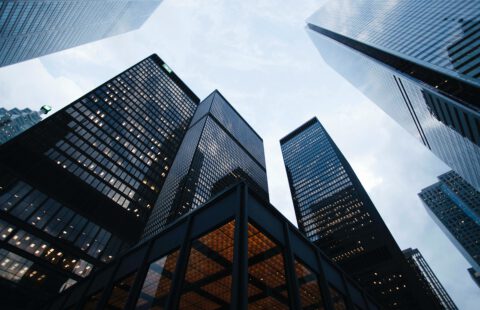
What Does A Construction Manager Do?

Overview of a Construction Manager
Every construction site is entrusted to a construction manager. They ensure everything is running smoothly. They also oversee all facets of the project they’re running, like the safety of the site, employee schedules, project schedules, finances, and other day to day problems that crop up on a job site. Construction managers are normally independent contractors hired with their specific work experience in mind.
Responsibility Breakdown
Construction managers hold lots of weight on their shoulders. They’re responsible for the entire construction site. Some main responsibilities of a construction manager are:
Safety Management
Safety is one of the most important things on a construction site. A construction manager must accurately survey the construction site for potential safety hazards daily. Safety hazards are avoidable accidents that harm employees. They increase job time and may bring on potential lawsuits.
Cost Management
They are responsible for cost management for the entire project. There are unexpected factors that can lead to cost increases. A sudden jump in the cost of materials, a change in plans, or an injury to a team member can all result in unexpected cost increases. A construction manager does their best to minimize unexpected costs and keep the project on budget.
Quality Management
A manager may have multiple different teams working together on a project. Situations like this are where their quality management skills shine. It’s important that each team is working up to the same standard and not cutting any corners. A manager may struggle to get teams to work together, leading to team changes. Overall build quality for all projects, large and small, is equally important.
Contract Performance
Similarly to quality management, a construction manager needs to understand the scope of the job and contractual obligations. Usually job contracts include a budget, a timeline, and a description of the project. There may also be other nuances, like stop work or stop payment clauses. These clauses allow the workers to stop working if they aren’t paid and the customer to stop paying if the workers aren’t meeting milestones. Although these clauses help protect both parties, they are pitfalls a construction manager needs to avoid.
Risk Management
There’s always a risk associated with a project. As overseer to the entire project, a construction manager needs to manage these risks. While not all risks can be avoided, most can be mitigated. For example, risk of injury is mitigated by checking the site for safety hazards before the work day starts. When a construction manager does need to take a risk, it’s important that they adapt their plans should something inconvenient happen.
Wow, a construction manager is responsible for so much. What kind of qualities make a good construction manager?
Knowledgeable
A manager should be knowledgeable about industry standards, building codes, and industry specific software. Bonus points if they have certifications or specialized training in scheduling, enforcing building codes, or site design.
Strong Communicator
When managing multiple teams, it’s important to have outstanding communication. Oftentimes, communication between teams can be unclear. It’s the construction manager’s job to ensure that all communication proceeds smoothly. Poor or lacking communication can lead to delays or incorrect work.
Effective Multitasker
Being an effective multitasker is a great quality for any manager to have. When managing multiple teams and contracts, multitasking is essential to completing everything on time, on budget, and up to contract specifications.
Whether you’re looking for a full service construction company or a specific construction role, Sole Source Construction has you covered. We use our years of experience to see each of your projects through from start to finish. Give our 24/7 line a call at 401-712-2700.


